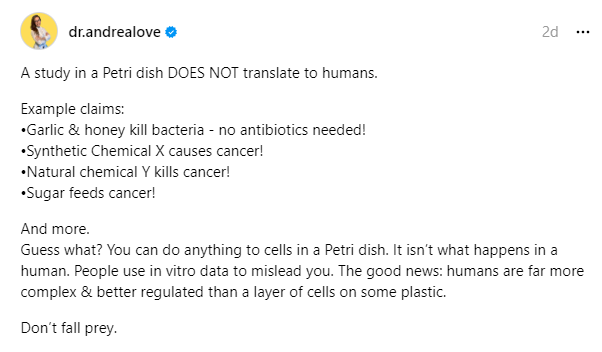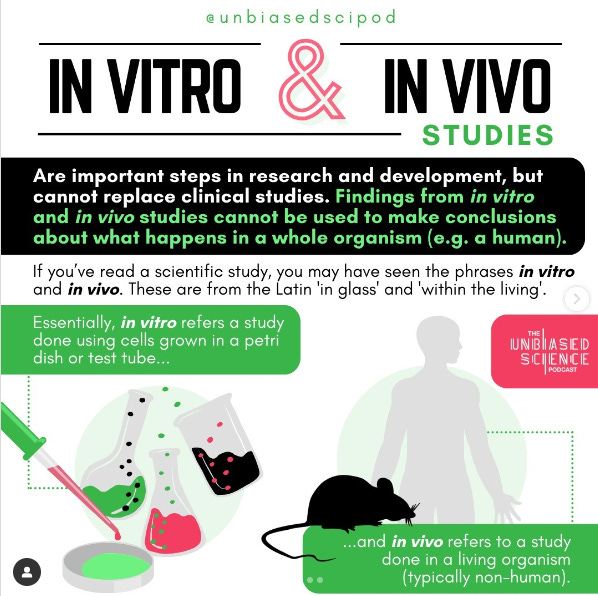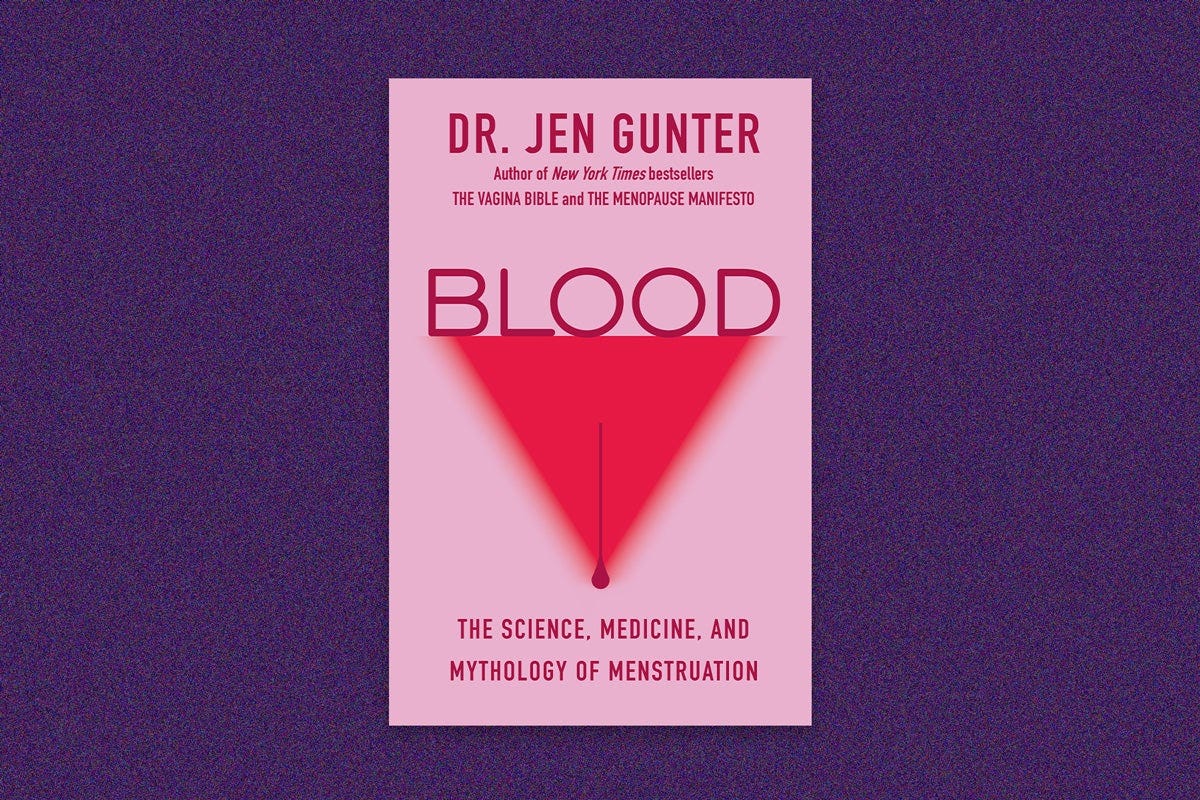The Dose: Huberman sells out for supplements, measles is back, menopause myths
can we take back the term 'wellness' since the wellness industry is interested in anything but?
Welcome to The Dose! We’re delivering bi-weekly health and science updates right to your inbox, and we’re including some humor, art, and fun along the way.
Yesterday our podcast covered Andrew Huberman: the host of the extremely profitable and popular Huberman Lab podcast. We were joined by Drs. Spencer and Karl Nadolsky, brothers and physicians who host the Docs who Lift podcast.
In it, we discuss his purported original intentions based on his background in ophthalmologic nerve function, the growth in popularity after being platformed by prominent celebrity personalities, and the veering off course firmly into pseudoscience his podcast has taken while simultaneously profiting off selling pseudoscience.
We used several recent episodes as examples to discuss some granular details, including one with Robert Lustig, Sara Gottfried, and a solo episode.
Related, we discuss common themes and tactics in pseudoscience: a common one is inappropriately utilizing in vitro (Petri dish) or animal (in vivo) studies as a stand-in for what happens in a human. Huberman has a tendency to do that on his podcast, while also ignoring the more relevant and robust data in clinical studies that conflict with the opinion he is trying to get buy in for. As a PhD-trained scientist, this is an intentional tactic.
Watch the whole discussion here (and yes, we cite our references and they are not animal studies):
This is a common theme among wellness individuals who make false claims about pseudoscience treatments, medical conditions, etc:
And let’s not forget the class xkcd comic:
In vitro and in vivo studies provide valuable information, but they are NOT a replacement for a human. A great way to quickly sniff out potential red flags or exaggerate claims when you read something online is to ask: what research model was this conducted in?
Some non-Unbiased Science news: Jess and Andrea have both taken on ADDITIONAL projects to bring science and health education to more people.
has started another podcast with 2 pediatricians: Bytes of Health. Each episode is a short 5-minute daily piece that tackles a topic relevant to kid’s health.
launched a separate newsletter, ImmunoLogic, intended to be more granular deep dives on topics related to immunology, infectious disease, molecular biology, and more. It’s free to subscribe and read!
We also tackled menopause myths versus reality with
- starting with what menopause actually is, common misconceptions, management options, and a whole lot of wellness misinformation! Make sure to watch that episode too:And if you missed it, she just released her newest book, BLOOD, which is all about the science and the misconceptions about menstruation. If that’s of interest to you, pick up a copy here.
We officially launched a sub-newsletter here on Substack! Practitioner’s Pulse will be dedicated to information most relevant to healthcare providers and professionals - but not to say it won’t be of interest to the general public! Yesterday, we put out a piece on the importance of framing when taking medical history information about smoking and tobacco use, so take a peek!
Vaccines are still one of the biggest successes in modern medicine, but unfortunately, we are seeing outbreaks and surges of preventable diseases as a result of misinformation. Flu, COVID-19, RSV, and even MMR vaccine rates are far below what we need them to be to protect as many people as possible.
Measles is spreading in several parts of the US, as well as in the UK and elsewhere around the world. It is an entirely preventable disease, with a vaccine that is 97-99% effective. But it requires people to actually get vaccinated! Read more about measles here, including one of the immunologic complications of illness: immune amnesia.
Some good news on the vaccine front: CDC’s Advisory Committee for Immunization Practices updated adult immunization guidelines to include changes to recommendations for Mpox, RSV, COVID-19, and meningococcal vaccines. If any of these apply to you, make sure to get your vaccines updated!
You may have noticed, we are posting some more long-form content here for those who enjoy that format, so please make sure to share with your friends and family, subscribe, and let’s all continue to help improve science literacy!
That’s it for this issue! If you’re not currently a subscriber, we’d love to have you! If you are, thanks for being here!









